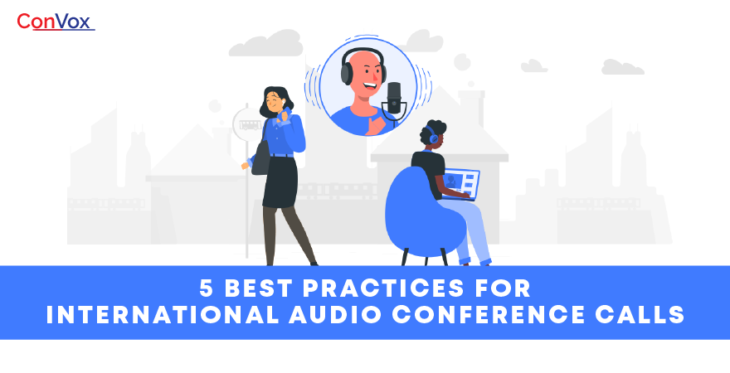
International Audio Conference Calls.
Another modern technology to communicate is an international audio conference call that allows people from other countries to share ideas and information. Sad to note, most conference calls do not go the way people had planned. It is normally hard for the speakers to know who is talking and what exactly is going on.
Technology failure, communication breakdown, and the like—all of which could well prove to be a disadvantage on its own over any other international audio conference call; yes, even those with the latest systems for international audio conferences.
That just does not compute for a company or an organization that is dealing on a world scale. To most, it is not an indulgence to just be able to have access to international audio conference calling opportunities; it is an absolute necessity.
Some of the best practices followed by the International Audio Conference System are as follows:
Know your time zones:
Crossing the International Date Line can really confuse one. Kindly determine the date this shall apply from the location time given to you at your conference.
If you want that conference call to be effective and something people view as an opportunity rather than a burden, then schedule it at a time convenient to both parties. This may be a tedious process, but having engaged participants from the other end of the line interested in your message makes it all worthwhile.
Understand Your Participants’ Culture:
Business etiquette can differ from country to country, but try to have some general ideas. Take the time to know and learn about the culture of the country where your participants are coming from. Should there be some cultural differences and worse, offense when all these parties do not know well each other on the call?
Kindly encourage them to use humor and slang sparingly and remind them to be mindful of cultural tender spots so that the discussion goes smooth over our International Audio Conference Call.
Minimize Your Language Barrier:
Since the international audio conference calls involve participants who will most likely be speaking different languages, the following is a good guide for the facilitators conducting them, so as to avoid any confusion and frustrations due to language barriers:
Sending out relevant presentations, notes, or an agenda before your conference call can minimally reduce this. Having such information to peruse over before your call will help prepare your participants for your meeting and give them the confidence to ask questions during your meeting.
Have participants identify themselves:
And if there is one thing that frustrates in international audio conference calls, it is being able to identify all the participants sometimes. The other way is to ask the participant to introduce themselves and say a little bit about their person or their work so that another participant would recognize them.
Record the call:
This would help the parties involved refer to important bits of the call. It will also help clear up that “who said what” problem, which conference calls often have.
Recordings and transcripts are also helpful for interested parties who were unable to participate in the call.
If you do record the call, professional courtesy and a good legal standing require that you inform all the parties of your intention to do so and get their consent. Some jurisdictions make it illegal to record a call without the knowledge and consent of the parties involved. ConVox comes with the most powerful and easy international audio-conferencing systems. Contact us for more details on International Audio & Video Conferencing system.
